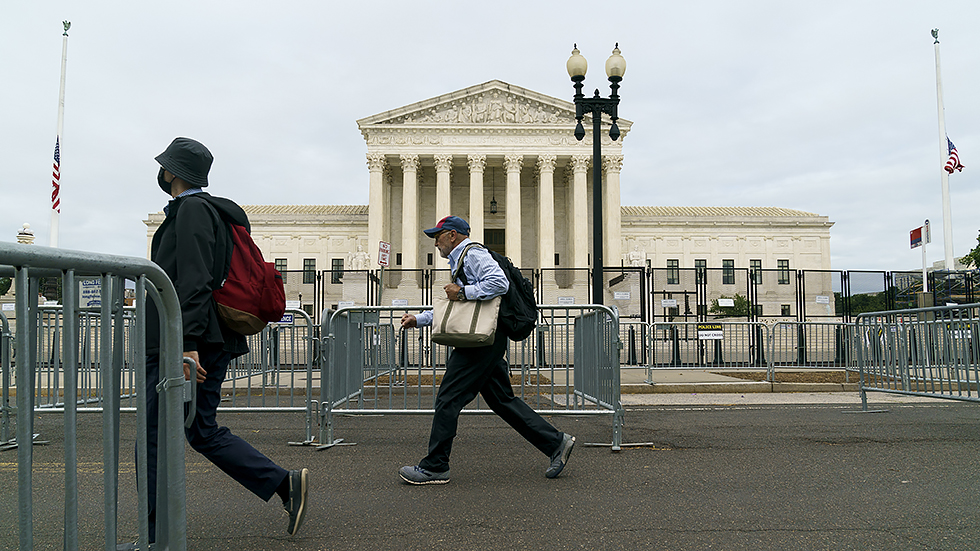If you said “Once a company like that starts moderating content, it’s no longer a platform, but a publisher”
I regret to inform you that you are wrong. I know that you’ve likely heard this from someone else — perhaps even someone respected — but it’s just not true.
The law says no such thing. Again, I encourage you to read it. The law
does distinguish between “interactive computer services” and “information content providers,” but that is not, as some imply, a fancy legalistic ways of saying “platform” or “publisher.” There is no “certification” or “decision” that a website needs to make to get 230 protections. It protects all websites
and all users of websites when there is content posted on the sites by someone else.
To be a bit more explicit: at no point in any court case regarding Section 230 is there a need to determine whether or not a particular website is a “platform” or a “publisher.” What matters is solely
the content in question. If that content is created by someone else, the website hosting it cannot be sued over it.
Really, this is the simplest, most basic understanding of Section 230: it is about placing the liability for content online on whoever created that content, and not on whoever is hosting it. If you understand that one thing, you’ll understand most of the most important things about Section 230.
To reinforce this point: there is nothing any website can do to “lose” Section 230 protections. That’s not how it works. There may be situations in which a court decides that those protections
do not apply to a given piece of content, but it is very much fact-specific to the content in question. For example, in the lawsuit against Roommates.com for violating the Fair Housing Act, the court ruled
against Roommates, but not that the site “lost” its Section 230 protections, or that it was now a “publisher.” Rather, the court explicitly found that
some content on Roommates.com was created by 3rd party users and thus protected by Section 230, and
some content (namely pulldown menus designating racial preferences) was created by the site itself, and thus not eligible for Section 230 protections.









